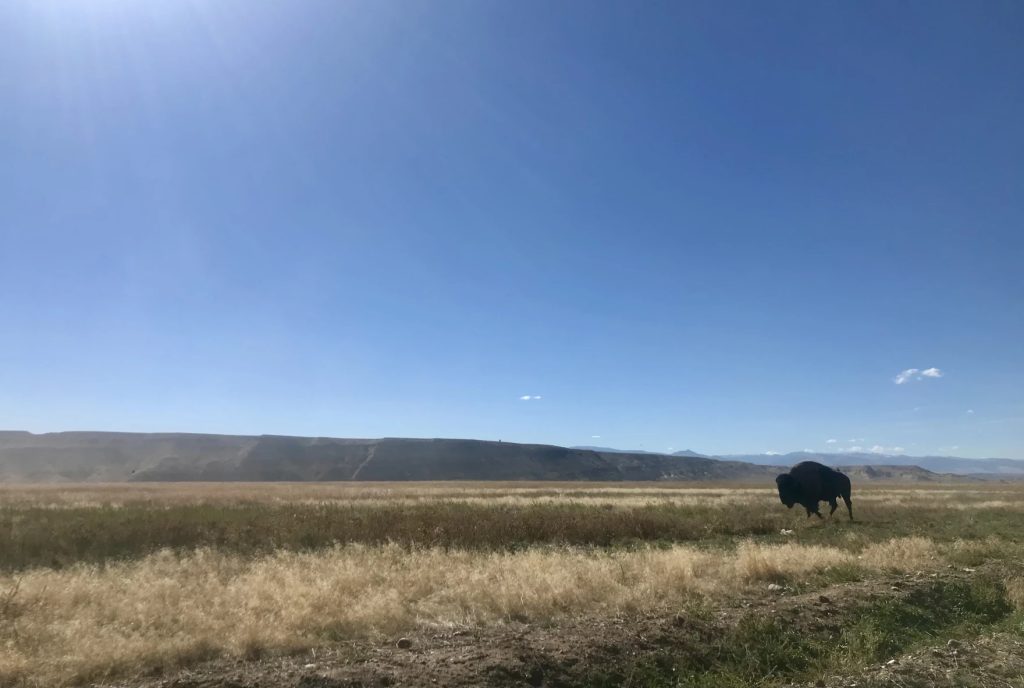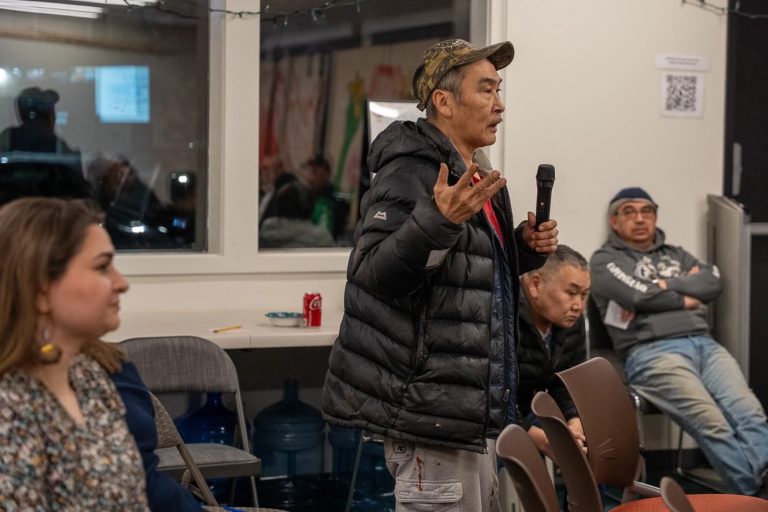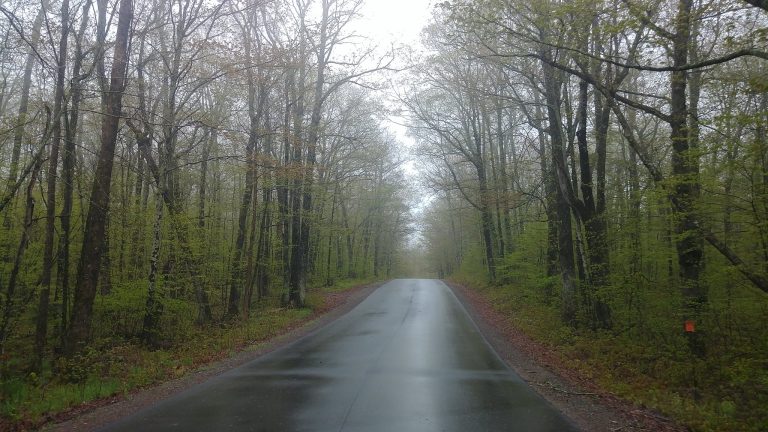Podcast: Play in new window | Download | Embed
(Photo: Hannah Habermann / Wyoming Public Media)
Colorado is joining the Eastern Shoshone Tribe in Wyoming in designating bison as wildlife.
Wyoming Public Radio’s Olivia Weitz reports.
Earlier this year, the Eastern Shoshone Tribe reclassified bison from being livestock to wildlife in an effort to manage the species less like cattle and more like big game.
On Thursday, Colorado’s governor signed the Protect Wild Bison bill, which creates a dual wildlife and livestock designation.
Conservation groups say it makes killing bison that cross into Colorado from other states illegal.
Jason Baldes is Eastern Shoshone and heads up the Wind River Tribal Buffalo Initiative. He says Colorado’s move shows growing public support for bison restoration
“And the importance of people allowing this animal to exist. and not be commodified, but really have an opportunity to exist on the landscape.”
Jim Magagna with Wyoming Stockgrowers says if a similar bill were to be introduced in Wyoming, his group would oppose it.
“ I think we’re a long way from that. I can’t say it’ll never happen. Things do change, but I’m not, not aware of any pressure, significant, to do that in Wyoming.”
Colorado’s bill goes into effect in January next year.
A Montana-based Indigenous group says it’s increasing membership this year in a new way – a traveling conference.
Western Native Voice recently held the last of about a dozen conferences it has hosted since March in tribal communities across the state.
Kathleen Shannon reports.
The group offers programs to attendees that focus on leadership development, civic engagement and education, and public policy advocacy.
Denise Juneau, Montana’s former state superintendent of public instruction and a conference keynote speaker, says Native legislators made a lot of headway in this year’s session.
“There was a sense of pride in seeing what got accomplished through the 12 Native legislators who got elected from all these different communities, and I think really a glimmer of hope about what can happen when people get engaged.”
Bills that passed include updates to the Montana Indian Child Welfare Act and a new approach to the Missing and Murdered Indigenous People (MMIP) crisis, as well as reauthorization of Native language preservation programs and formal recognition of Indigenous Peoples Day.
Juneau, an enrolled member of the Mandan Hidatsa Tribes of North Dakota, credits her own success in part to growing up with parents in the State Legislature and Tribal leadership.
“Being in those seats of power and speaking truth to power, and being engaged at that level really makes a difference for your community, for your state, for the country and for the people who are around you.”
Yellowstone Peoples Executive Director Shane Doyle is a member of the Apsaalooke Nation.
He says there’s a common misconception that Tribes across Montana were historically in conflict, when evidence shows they were largely friendly.
“Despite the enormous and remarkable language diversity here in Montana, the Tribes were all able to coalesce over generations and create their own sign language, and it just is a testimony to their stable relations.”

A large Lakota camp, thought to be on or near Pine Ridge Indian Reservation in 1891. (Photo: John C. H. Gabriel / Library of Congress)
U.S. Sens. Elizabeth Warren (D-MA) and Jeff Merkley (D-OR), and U.S. Rep. Jill Tokuda (D-HI), have reintroduced the Remove the Stain Act.
The bill seeks to revoke the Medal of Honor awarded to soldiers for their participation in the Wounded Knee Massacre on the Pine Ridge Reservation in South Dakota in 1890, where U.S. soldiers slaughtered hundreds of Lakota adults and children.
Twenty soldiers were awarded the Medal of Honor.
Congress has rescinded Medals of Honor before, and the bill would do the same taking a step toward righting a wrong in history, according to a statement by Sen. Warren.
“We cannot be a country that celebrates and rewards horrifying acts of violence against Native people, Congress must recognize how shameful this massacre was and take an important step toward justice for Lakota people.”
The legislation has been introduced before and is supported by a number of tribes and Native organizations.
Get National Native News delivered to your inbox daily. Sign up for our daily newsletter today.



